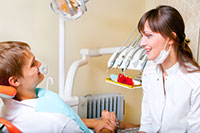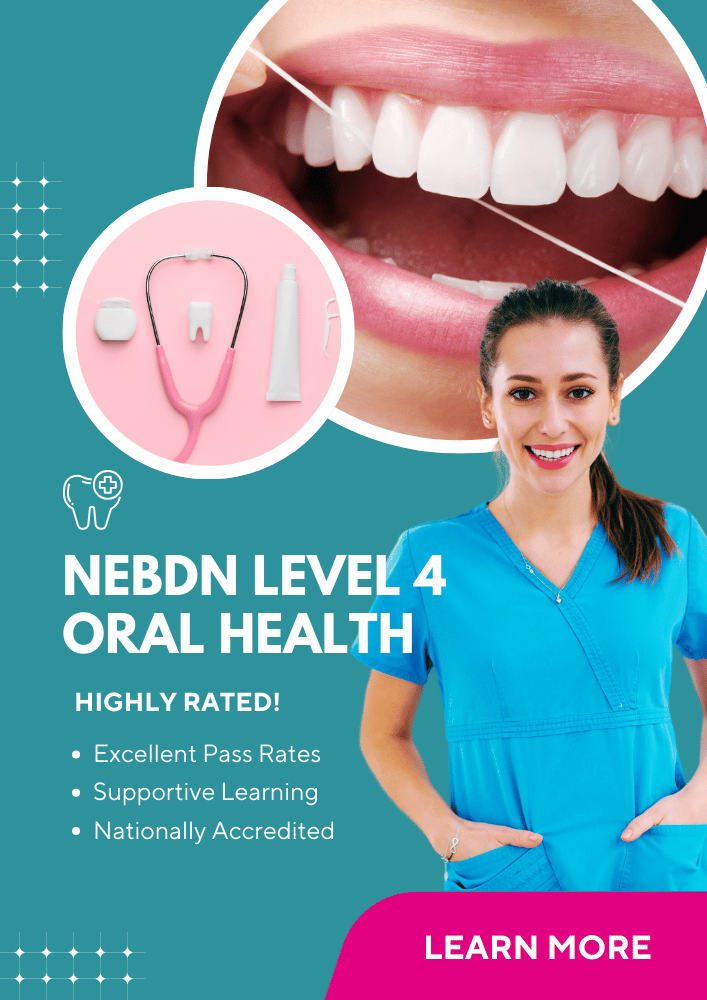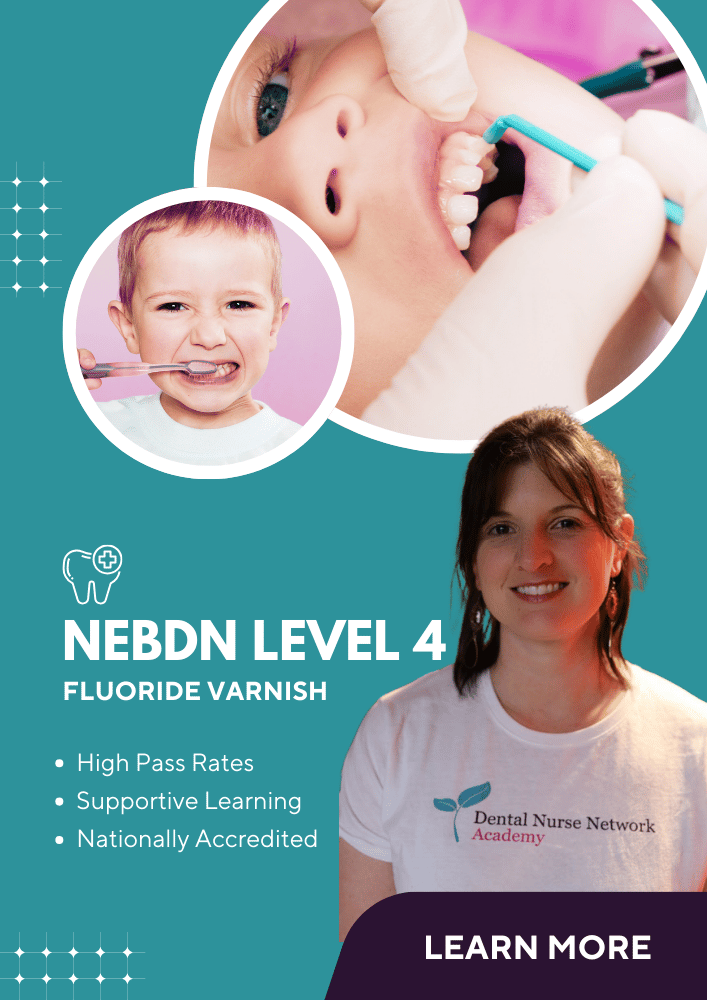 The life of an oral health educator is not all about teaching someone to use a toothbrush correctly. Quite often I find myself having to deal with adult patients who have been undergoing hygiene treatment and, time after time, are making no improvement or who are questioning what the point of it all is. It's simply because they just don't get it!
The life of an oral health educator is not all about teaching someone to use a toothbrush correctly. Quite often I find myself having to deal with adult patients who have been undergoing hygiene treatment and, time after time, are making no improvement or who are questioning what the point of it all is. It's simply because they just don't get it!
Our hygiene and therapy team make good use of the oral health educator in these circumstances. Inviting the patient to attend for a complimentary appointment with the oral health educator releases the hygienist from the pressure of having to deliver what could be a quite in depth discussion about gum health, and allows them to concentrate on treating the active gum disease which is what the patient is paying for!
When having a discussion with an adult patient who has, perhaps, lost their way with their oral health, or is just simply non-compliant, it's all about the language used. They tend to enter the treatment room with a preconceived idea that they're going to be told off, or feel that they are going to be patronised. After all, they've been brushing their teeth their whole lives! So, the first few minutes are all important in getting the patient on side and helping them to feel relaxed about the appointment.
In my dual role as a treatment coordinator I am used to using open-ended questions to encourage the patient to open up in discussion and I take the same approach in these situations. I introduce myself, and review the course of treatment that the patient has been having with the hygienist. I explain that the hygienist feels they would benefit from some additional time to explore a home care routine that works for them and try to discover if there is any aspect they feel they are struggling with.
 This week I saw two ladies, both in their late fifties. Neither was showing any improvement in their oral hygiene despite being on a three monthly regime with the hygienist. The first was very defensive about the reasons she had been ’sent’ to me, whereas the second lady was very enthusiastic about the appointment and came in armed with a bag full of toothbrushes, floss, flossettes and interdental brushes.
This week I saw two ladies, both in their late fifties. Neither was showing any improvement in their oral hygiene despite being on a three monthly regime with the hygienist. The first was very defensive about the reasons she had been ’sent’ to me, whereas the second lady was very enthusiastic about the appointment and came in armed with a bag full of toothbrushes, floss, flossettes and interdental brushes.
At every adult appointment I tend to take them back to basics, using visual aids to explain the cause and progression of gum disease and I use their actual BPE score, pocket depths and bleeding scores to help them relate to what's occurring in their mouth.
I generally try to cover everything in an adult appointment.
![]() Tooth brushing - we will discuss the pros and cons of electric toothbrushes versus manual toothbrushes, with a two-way demonstration of the most effective way to use each.
Tooth brushing - we will discuss the pros and cons of electric toothbrushes versus manual toothbrushes, with a two-way demonstration of the most effective way to use each.
![]() Interdental cleaning aids - at our practice we are slightly biased towards a particular brand as it's all about availability to the patient. If they can't get them on the high street they are more likely to fall back into bad habits and not use them or use the wrong product. To help combat this, we also offer a postal service whereby patients can purchase any oral health products over the phone and we will happily send them out.
Interdental cleaning aids - at our practice we are slightly biased towards a particular brand as it's all about availability to the patient. If they can't get them on the high street they are more likely to fall back into bad habits and not use them or use the wrong product. To help combat this, we also offer a postal service whereby patients can purchase any oral health products over the phone and we will happily send them out.
![]() Toothpaste- patients like to know that they are using the right toothpaste and always ask for an opinion. Very often, they are using a toothpaste because they believe that it will deliver that sought after Hollywood smile when the reality is the toothpaste is abrasive and just causes sensitivity. Advising patients on more suitable alternatives is a must.
Toothpaste- patients like to know that they are using the right toothpaste and always ask for an opinion. Very often, they are using a toothpaste because they believe that it will deliver that sought after Hollywood smile when the reality is the toothpaste is abrasive and just causes sensitivity. Advising patients on more suitable alternatives is a must.
I also have the ’spit don't rinse’ chat, as the majority of people still don't realise that to get the most benefit from their toothpaste, whether it be fluoride, antibacterial or a sensitivity product, it needs to remain on the teeth and not be rinsed off immediately after brushing.
![]() Mouthwashes - When patients ask about mouthwashes for general day to day use I advise them to look at using a mouthwash that has antibacterial properties and contains fluoride.
Mouthwashes - When patients ask about mouthwashes for general day to day use I advise them to look at using a mouthwash that has antibacterial properties and contains fluoride.
As all mainstream branded mouthwashes have to undergo strict clinical trials before going on general sale to ensure that they do what they claim to do, I advise these over high street store or supermarket own versions which are cheaper but which may not get all the benefits that branded mouthwashes offer. If there is a specific oral condition for which a mouthwash would be beneficial I will, of course, discuss the appropriate use of it with a patient.
Both ladies, I'm glad to say, left their appointments having actually enjoyed themselves! They felt more motivated, enlightened and raring to go; fingers crossed for their three monthly review.
Having the facility for patients to access an oral health educator benefits everyone: the patient has quality time allocated to them for their individual oral health needs; the hygienist is less pressured to deliver this essential element in the patients’ care; and the practice has a compliant patient who understands the importance of a good home care regime and can now work in tandem with the hygiene team.



